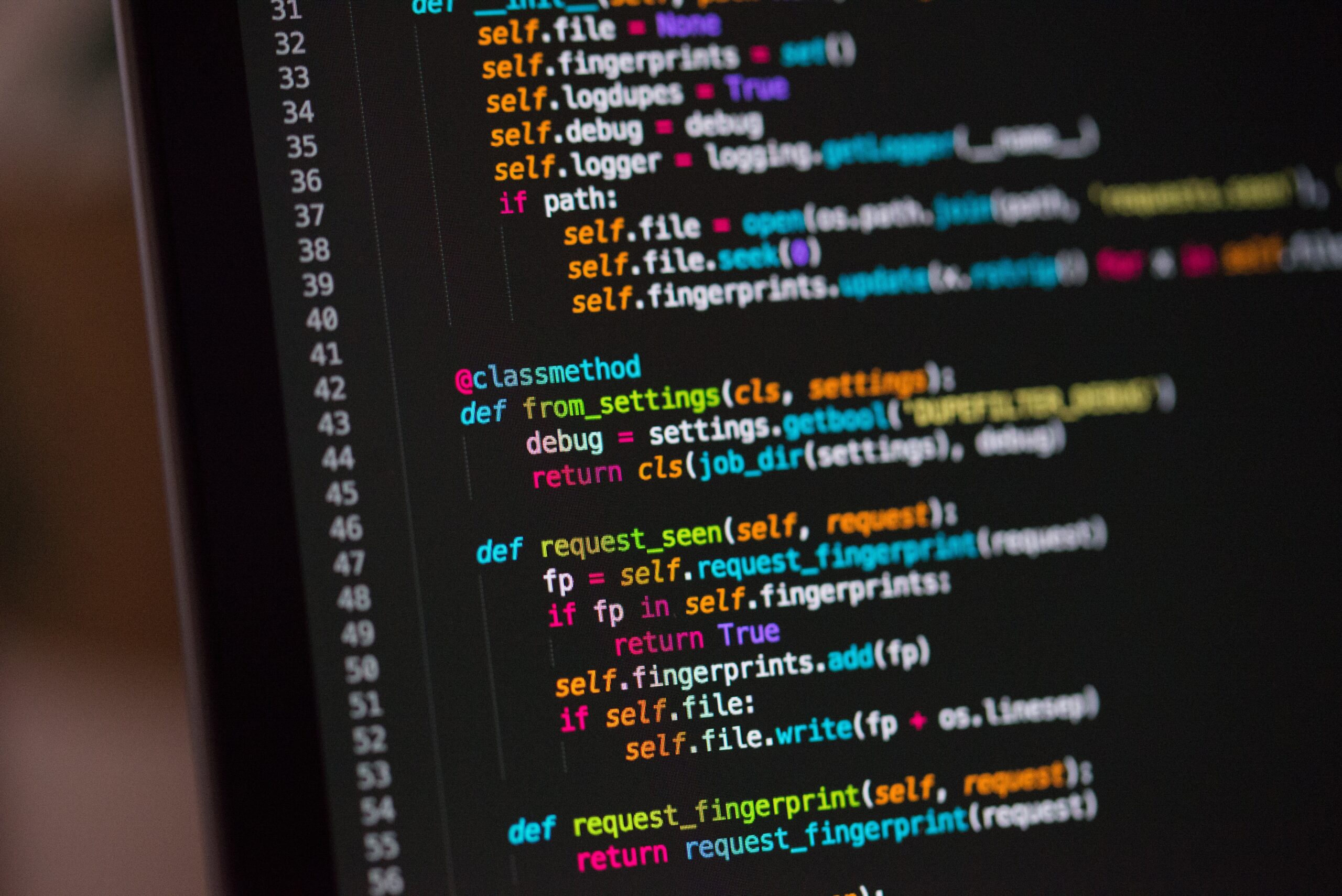Five Ways to Learn How to Write Computer Code

15th September 2023
In today’s rapidly evolving technological landscape, learning how to write computer code has become an essential skill. Whether you aspire to become a professional software developer or simply want to enhance your problem-solving abilities, coding offers a gateway to innovation and creativity. While the prospect of diving into the world of programming might seem daunting, there are various effective ways to embark on this journey. Here are five approaches to consider:
1. Online Coding Platforms: Learning at Your Pace
Online coding platforms have emerged as a revolution in the realm of programming education. Websites like Codecademy, Khan Academy, and freeCodeCamp offer interactive coding lessons, allowing learners to experiment with code in real-time. These platforms often provide a structured curriculum that starts with the basics and gradually progresses to more advanced concepts. The advantage of learning through online platforms is that you can go at your own pace, fitting coding into your existing schedule. Furthermore, many of these platforms offer exercises and projects that enable you to apply what you’ve learned, reinforcing your understanding.
2. Massive Open Online Courses (MOOCs): Learn from Experts
If you’re looking for a more comprehensive and in-depth learning experience, MOOCs are an excellent option. Platforms like Coursera, edX, and Udacity partner with renowned universities and industry professionals to offer courses on a wide array of coding languages and frameworks. These courses often include video lectures, assignments, quizzes, and even peer-reviewed projects. Learning from experts in the field provides valuable insights and ensures that you’re exposed to industry-relevant practices and knowledge.
3. Books: The Classic Path to Knowledge
For those who prefer a more traditional approach to learning, books remain a timeless resource for acquiring coding skills. Countless books cater to different skill levels, from absolute beginners to experienced programmers looking to delve into a new language. Whether you’re learning Python, JavaScript, Java, or any other language, well-written books can provide comprehensive explanations, code examples, and exercises to reinforce your learning. Additionally, books can serve as handy references as you progress in your coding journey.
4. Coding Bootcamps: Intensive Immersion
Coding bootcamps have gained popularity as an accelerated path to becoming a proficient coder. These intensive programs offer immersive learning experiences that can last anywhere from a few weeks to a few months. Bootcamps are designed to quickly equip you with practical coding skills and often focus on specific programming languages or technologies.
Many bootcamps also emphasise project-based learning, simulating real-world scenarios and enabling you to build a portfolio of work that showcases your abilities. While bootcamps require dedication and may have a cost associated with them, they offer a rapid route to acquiring job-ready coding skills.
5. Open Source Contributions: Learning by Doing
An often overlooked but highly effective approach to learning how to write code is contributing to open source projects. Open source projects are collaborative endeavours where developers from around the world work together to create software that is freely available to the public. By contributing to these projects, you can not only hone your coding skills but also learn valuable lessons in teamwork, version control, and software development practices.
Platforms like GitHub provide a plethora of open source projects to choose from, allowing you to select projects aligned with your interests and skill level. Your contributions could range from fixing bugs and adding features to documentation improvements.
The Power of Consistency and Practice
No matter which approach you choose, one common thread runs through all successful journeys in learning how to write computer code: consistency and practice. Like any skill, coding improves with persistent effort and hands-on experience. As you progress, you’ll encounter challenges and roadblocks, but these are valuable learning opportunities that will ultimately contribute to your growth as a coder.
Conclusion
Learning how to write computer code is a rewarding endeavour that opens doors to numerous opportunities in today’s tech-driven world. The availability of diverse learning options, from online platforms to immersive bootcamps, ensures that there’s a path that suits your learning style and goals.
Whether you’re an aspiring software developer or someone looking to broaden their skill set, the key lies in taking that first step and embarking on your coding journey. With determination, practice, and a willingness to embrace challenges, you’ll find yourself becoming increasingly confident and proficient in the world of coding.